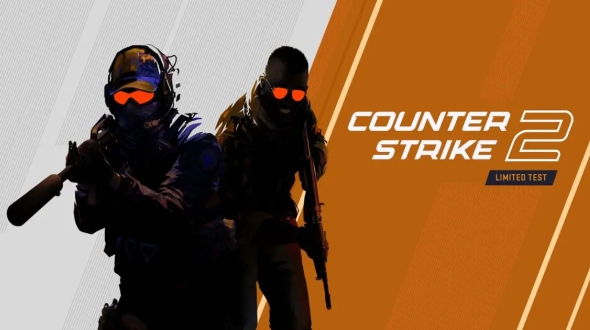Valve announces new requirements for competitive Counter-Strike events
9 August 2023
The summer of 2023. That’s what Valve revealed when asked about the release date of Counter-Strike 2, the long-awaited successor to Counter-Strike: Global Offensive, one of the most popular esports titles of all times. Seeing as the developer’s headquarters are in Seattle, in the United States, the game should be released any time between now and September 23rd. The release will be one of the major highlights in the world of international esports this year and in the build-up to the big day, Valve has recently come up with a host of new rules for organizers of large-scale competitive Counter-Strike events.
Back to the roots
In the statement released by Valve on August 3rd, the company explains that the new rules for competitions are necessary to level the playing field and make ability the only deciding factor for success once again. They explain that, over the years, the Counter-Strike ecosystem has grown more and more closed, with access to the highest levels of competition increasingly limited to business relationships. While Valve will release more detailed new requirements in the near future, they have already published the main focus points. The new rules will be implemented from 2025 onwards.
No more unique business relationships
People and companies organizing Counter-Strike will no longer be allowed to work with unique business relationships or other conflicts of interest with teams that are participating in their competitions.
Valve ranking system
From 2025 onwards, only the official Valve ranking system will be used to determine tournament invitations. The only alternative to this is open qualifiers. This means that tournaments organizers themselves will no longer be able to extend invitations on their own respective behalf.
Only public compensation schemes
Whether an event offers a prize pool or another form of reward, the compensation for participating teams will always need to be made public. On top of that, the compensation schemes need to be driven by objective criteria that can be inspected by the community.
First reactions to new requirements
“We will shift our tournament revenue sharing model from selected teams to all teams participating starting in 2025”, says Ulrich Schulze, SVP of Game Ecosystems at ESL FACEIT Group, one of the biggest esports companies in the world, “We will announce more details on this in the coming months”.
ESL FACEIT was not the only big name in international esports to take immediate note of the new requirements for large-scale Counter-Strike event organizers as put forward by Valve. BLAST Premier, a major organizer of global live Counter-Strike tournaments, also put out a statement in that regard.
“Today, Valve announced a change to the future qualifying criteria for elite CS esports”, BLAST wrote on its own Twitter account, “The basis for teams’ future qualification for tournaments will be either through Valve’s unified ranking system or via open qualifiers. These changes will come into effect from the start of the 2025 season. BLAST Premier will remain an integral part of tier 1 CS in this new open ecosystem”.

